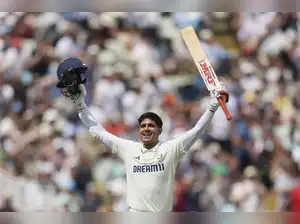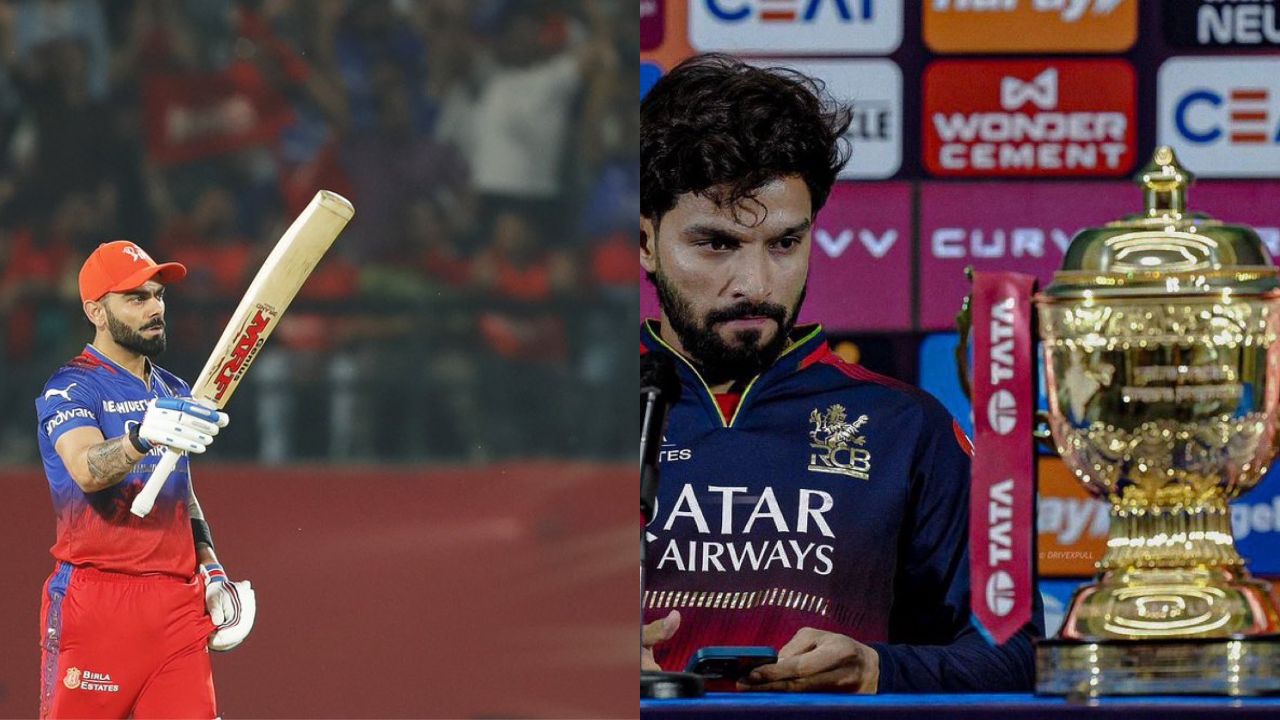 AP
APSachin Tendulkar was born to play cricket. He batted like an angel when curly hair framed his cherubic face, stood up to older boys and men, bowled medium pace and spin, fielded anywhere he was asked to, hell, he could even bowl and bat with either hand. From when he was a tot, Tendulkar was earmarked, destined for greatness. As surely as one day follows another, Tendulkar hit the milestones and checked the boxes: big runs in school cricket, centuries on debut in Ranji Trophy, Duleep, Irani … anything that mattered till rules and mindsets had to change to accept that a teenager was ready to conquer the world.
The pressures Tendulkar faced were no less. At no stage was anything other than pure success accepted. There was no option to fall down and pick himself up. Tendulkar simply had to grow into every single expectation placed on him. Nobody knows quite how he managed it while retaining his sanity, but Tendulkar did just that, perfectly executing the script that seemed to have been writte for him.
Shubman Gill did not come from either schools, but he would soon discover that he had the best and worst of both these worlds. There was no doubting his skill as a young adult, and his silken touch and method marked him down as the next real thing from the Indian school of batsmanship. Not the shiny new one that produces young stars from nowhere who have a massive impact in Twenty20 cricket through their fearlessness and innovation, but the old assembly line that churned out high-quality batsmen of a traditional mould.

Gill leaned into his slot, taking his place among modern greats like Virat Kohli and Rohit Sharma, quietly making a spot his own. Gill was never going to displace one of these: he was just not that sort of personality and his game was not built on explosive uniqueness. There was no singular defining characteristic to his batting: not that ace cover drive, not a gun pull shot, not a scoop or fiddle named after him. But he was the complete package. Gill watched the ball, brought years of finely honed technique to bear, gave respect to the bowler and the situation and the conditions, placed a huge premium on protecting his wicket, and found a way to score runs. This is the template for batsmen from the Indian school of batsmanship if they want to win universal approval. And you need that if you want to rise to the Test captaincy. It is no coincidence that India choose their best batsmen for leadership roles. Someone such as MS Dhoni is an outlier in this, but typically, the long-term leader of men is a solid, dependable batsman who ideally plays all formats of cricket, is clean-shaven and well-spoken and gives being rebellious or original a wide berth. Gill is all of that, but he is not only that. At first, it was unclear what his best format was, and he had to become boss of one to get enough leeway in another. When some success came, there was an impatience for him to take it to the next level because, well, Indian cricket had bigger plans for him. In that sense, there was an air of inevitability to his ascension to the top job. But he was handed a team in transition on arguably the toughest away assignment and a bowling attack that was heavily dependent on one bowler who could not play all the time.
Gill’s first port of call was to show he was worthy. True to the tale, Gill earned the crown that he never quite coveted, growing swiftly into a role not meant for those who shy from a scrap. He looks the part, talks the talk, and now has the runs to lead from the front. It’s worth remembering here, too, that he is his own man.
When the farmers’ protests swept across India, and celebrities of every hue stayed conspicuously quiet, Gill didn’t forget his roots from a village in Punjab, or abandon the way of life that fed this country. He didn’t distance himself from the issue when his family openly backed the farmers. That is called integrity, choosing principle over convenience when all that was needed was to stay quiet and not ruffle the feathers of the establishment. It’s exactly what you want in a leader, whether he got there via red carpet, rough road or his own way








